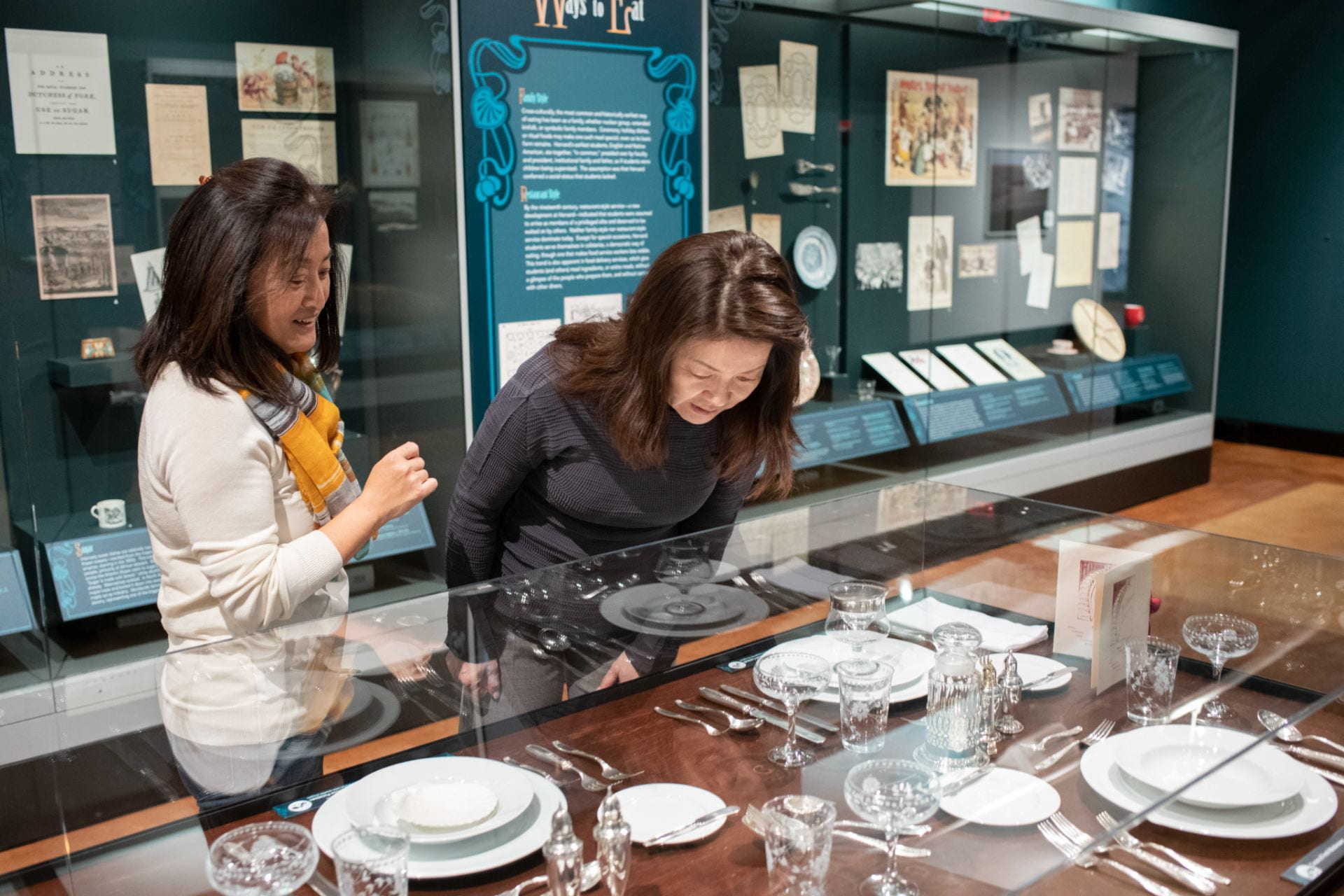March 28, 2019
Paul Turner, Elihu Professor of Ecology and Evolutionary Biology and Microbiology Program Faculty Member, Yale University
Viruses are the tiniest but most numerous inhabitants of Earth. Although notorious for causing deadly epidemics, not all viruses are bad. Many are beneficial to their hosts and several play key roles in maintaining the health of ecosystems. Paul Turner will discuss the “good, bad, and ugly” effects of viruses, from how they invade organisms and wreak havoc in biological systems to how they are used to control pests and develop cancer treatments, among other medical therapies.
Evolution Matters Lecture Series
Series supported by a generous gift from Drs. Herman and Joan Suit
Presented by the Harvard Museum of Natural History in collaboration with the Microbial Sciences Initiative at Harvard University.
About the Speaker
Paul Turner’s research interests include virology, evolutionary biology, evolutionary medicine, vector-borne disease, and phage therapy. He uses an interdisciplinary approach, employing techniques from microbiology, population genetics, genomics, molecular biology, and mathematical modeling to study hypotheses in ecology and evolutionary biology. Turner serves on committees for the National Science Foundation, the National Institutes of Health, and the American Society for Microbiology, and is author of nearly 100 scholarly journal articles, reviews, and book chapters on the ecology and evolution of infectious diseases. He has held many leadership appointments at Yale University, including Chair of the Department of Ecology and Evolutionary Biology and, most recently, Dean of Science. He holds a B.A. in Biological Sciences from the University of Rochester, and a Ph.D. in Zoology from Michigan State University.
